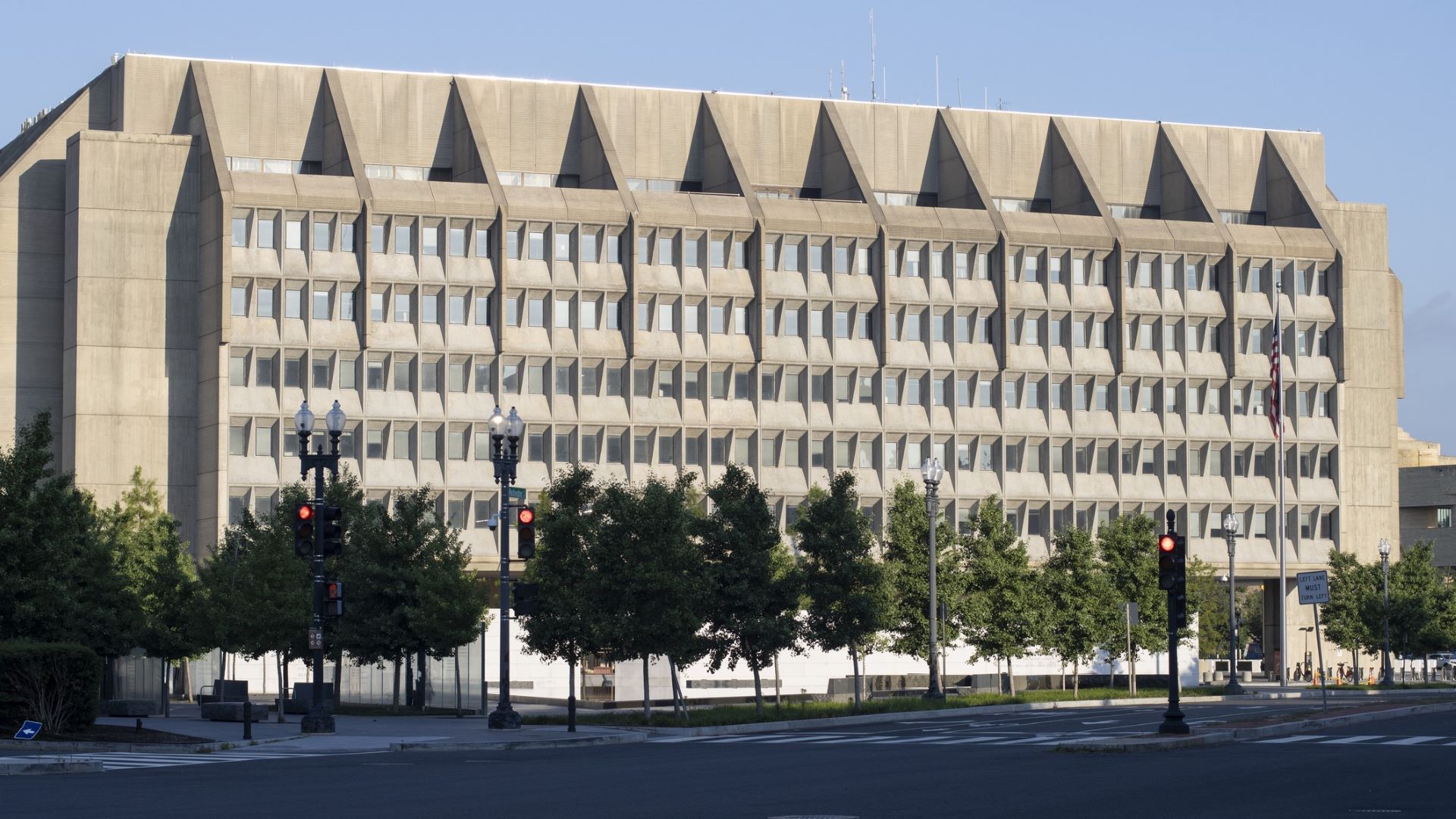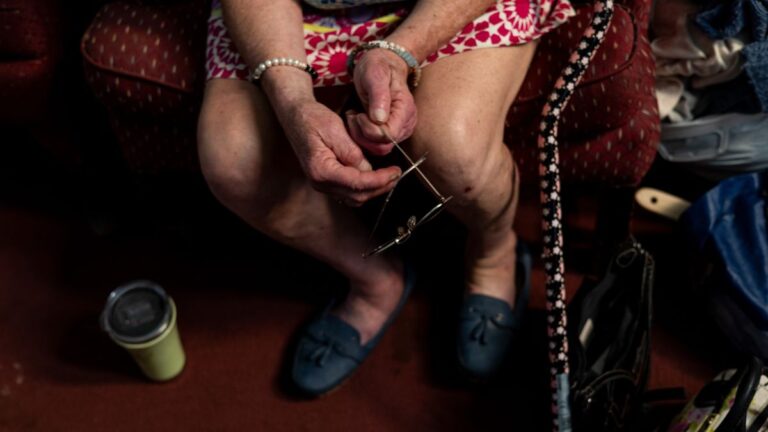In the vast majority of cases, Maine’s child welfare agency failed to follow its own policies when investigating suspected cases of child abuse or neglect, according to a federal audit published Thursday.
Federal auditors from the Department of Health and Human Services reviewed over 10,000 reports from October 2021 to September 2022 and selected a random sample of 100 child protective investigations to analyze.
In 94 of those 100 cases, the audit found deviations from policy set by Maine’s Department of Health and Human Services, which oversees child welfare cases.
In 92 of 100 cases, federal auditors found no evidence that Maine sent a notification letter informing each parent or caregiver associated with the case of the investigations’ findings, despite department policy stating that letters must be sent within 10 days.
In 59 of 100 cases, supervisors did not document safety assessments of people related to the case within 72 hours, as the department requires.
In 44 of 100 cases, the department did not complete investigations within 35 days of deeming a report credible, as mandated by department policy. Of those 44 investigations, 14 were not completed until at least 81 days later. One was not completed for 437 days.
Maine was the first state reviewed for compliance with the federal Child Abuse Prevention and Treatment Act, which provides funding for state child welfare systems. Maine was chosen to kick off the audit series because of its poor performance in a federal risk assessment, its proximity to the department’s Boston office, as well as a concerning recent report from the state’s child welfare ombudsman.
“We found some real concerns,” said Tammy Levesque, a senior auditor for HHS’s Office of Audit Services. “And we have solid recommendations to affect change.”
The report mirrors other recent findings. In January, the annual ombudsman’s report noted a “decline in child welfare practice” and “continued struggles with decision-making around child safety.” A 2022 report from Maine’s Office of Program Evaluation and Government Accountability (OPEGA) on the state’s investigative process found a lack of “guidance for sufficiency of investigation thoroughness.”
In addition, at the direction of the legislature’s government oversight committee, OPEGA issued reports on four children who died after department involvement with their families in 2021. The reports, the last of which was published in September, showed several deviations from policy but exonerated the department for responsibility for the children’s deaths.
If Maine is struggling with how to investigate allegations of abuse or neglect, data shows it seems to be erring on taking more of them from their homes, contrary to national trends and best practices.
Maine and Nebraska were the only states that took more children into foster care in 2022 than in 2018, according to the most recent federal data. The trend seems to have continued: earlier this year, the number of Maine children in state custody hit a 20-year high.
New policies and procedures
The federal auditors made a series of recommendations: additional training for caseworkers and supervisors; a system for documenting when notification letters are sent out; guidelines for taking on cases that are initially screened out; and a requirement that supervisors monitor caseworkers more closely, among other things.
The department agreed with all the recommendations. And some of the problems identified in the audit have already been fixed, said Office of Child and Family Services Director Bobbi Johnson, who took on the role late last year. Johnson noted the audit looked at files from more than two years ago.
“Since that time, we have been doing a lot of system improvement efforts,” said Johnson. The report provided some new information, Johnson said, “but a lot of it we already knew about.”
In its written response to the audit, the department said it had implemented a “supervision framework” to “guide supervisors in supporting caseworkers” and had added eight training supervisors to “support staff training.” It has also “incorporated the expectation” that supervisors review and approve caseworker interviews and is working to develop an upgrade to its Katahdin computer system that documents when notification letters are created and sent.
The audit examined a time when the department was transitioning to Katahdin, the department’s $30 million software system. “I think the documentation during that period under review wasn’t there because staff were learning how to use the new system,” Johnson said.
While there may have been times when proper investigative steps were taken but not documented, federal auditors can only evaluate the documentation at their disposal, said Levesque.
“We need to really just make sure that these things are being done,” Levesque said. “The only way to do that is to ensure that documentation is somewhere in that system.”
Scott Ogden, a spokesperson for Gov. Janet Mills, acknowledged the report “identified several issues” and said “the Governor is glad the Department over the last several years has taken steps to address them and will continue to address them.”
‘The issue is time’
The report highlights the department’s failure to put written policy into practice. That disconnect stems from oversized workloads that force caseworkers to prioritize the most immediate concerns, said Christine Alberi, Maine’s child welfare ombudsman.
“It’s not because the case workers or the supervisors or anyone are saying, ‘Oh, forget it. We’re just not going to bother following the law or policies,’” Alberi said. “The issue is time.”
Take the finding that investigation decision letters were not being sent out on time, for instance.
“It’s important for families to get findings,” said Alberi. “But what’s more important is if the sort of meat of the investigations are being done properly.”
Yet the report indicates that the department’s failure to notify families of investigative findings was not just a matter of prioritizing more important matters, but stemmed from a lack of knowledge of department policies: “OCFS officials stated they were unaware that the policy indicated that written notification must be sent to each parent or caregiver regardless of the outcome.”
Parents have 30 days after they receive a letter to appeal a finding of abuse or neglect. Not receiving a letter could complicate that appeal process.
“Generally, individuals are verbally notified of a finding by the caseworker at the end of an investigation, as well as through the mailed findings notice,” DHHS spokesperson Lindsay Hammes wrote in an email. “If, for any reason, an individual did not receive a letter notifying them of a finding of child abuse and/or neglect against them, they do not lose their right to appeal.”
If the state is too overwhelmed with cases to follow its own policies, it must bring the system into balance by increasing its capacity or reducing the number of cases. The department is endeavoring to do both, said OFCS director Johnson.
“What we really need to try to focus on, too, is how we support families before they get to the point where they need child welfare intervention,” Johnson said.
Some attorneys who represent parents in child protective cases believe the department could easily pursue fewer cases because many are opened in instances where there are no safety threats.
“I find OCFS is capable of creating good policies, but then overloads everyone working within the system with cases that simply don’t belong on the [Child Protective Service] radar,” Julian Richter, president of the Maine Parental Rights Attorneys Association, wrote in an email after reviewing the audit.
“That makes it virtually impossible to meet the policy expectations, which produces poor assessments on all cases and especially the cases that actually do need attention,” Richter wrote.
Lawmakers have also been following the issue.
The audit “confirms everything we’ve been told about in the last two years,” said Sen. Joe Baldacci (D-Bangor), chair of the legislature’s health and human services committee.
Baldacci said the state must continue to improve caseworker pay and working conditions, describing the workforce as “understaffed and overworked,” and said the department must “listen to their input.”
Although progress has been made, Baldacci said, he’s still “not happy with where we are today.”







